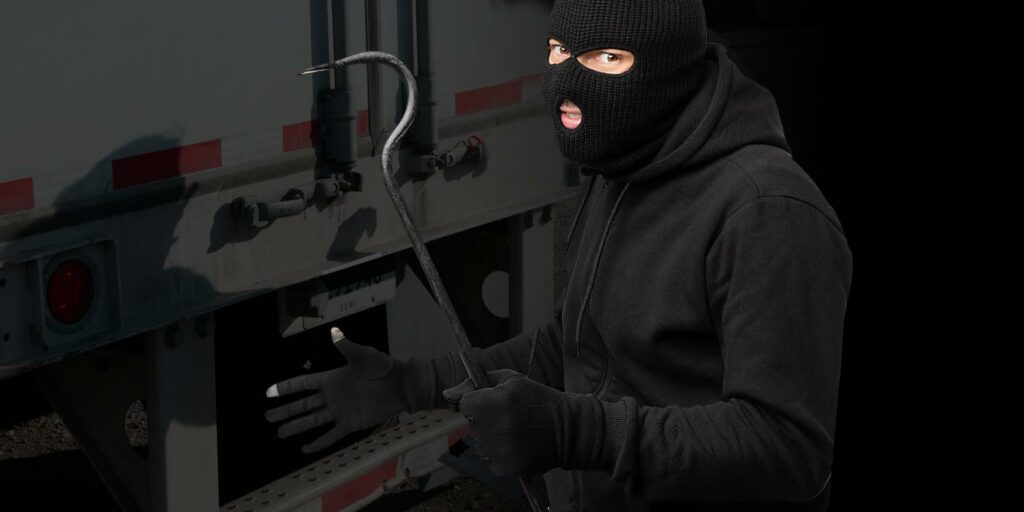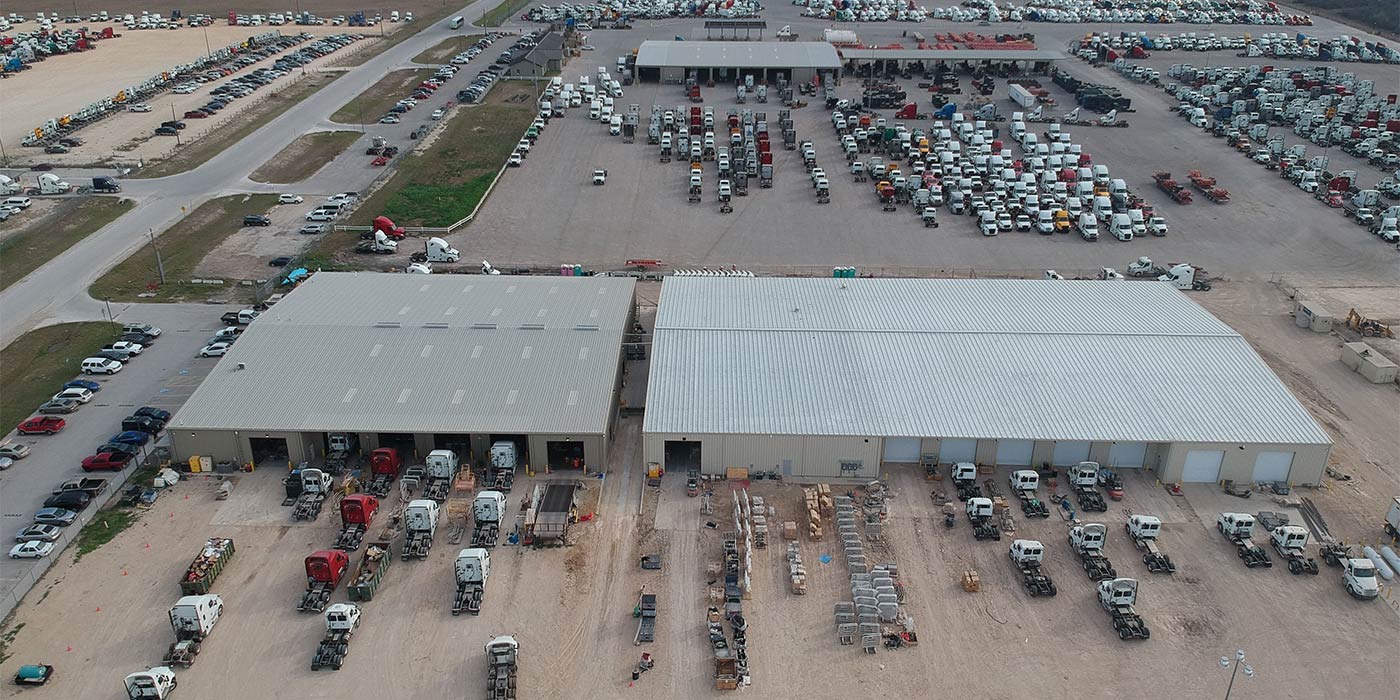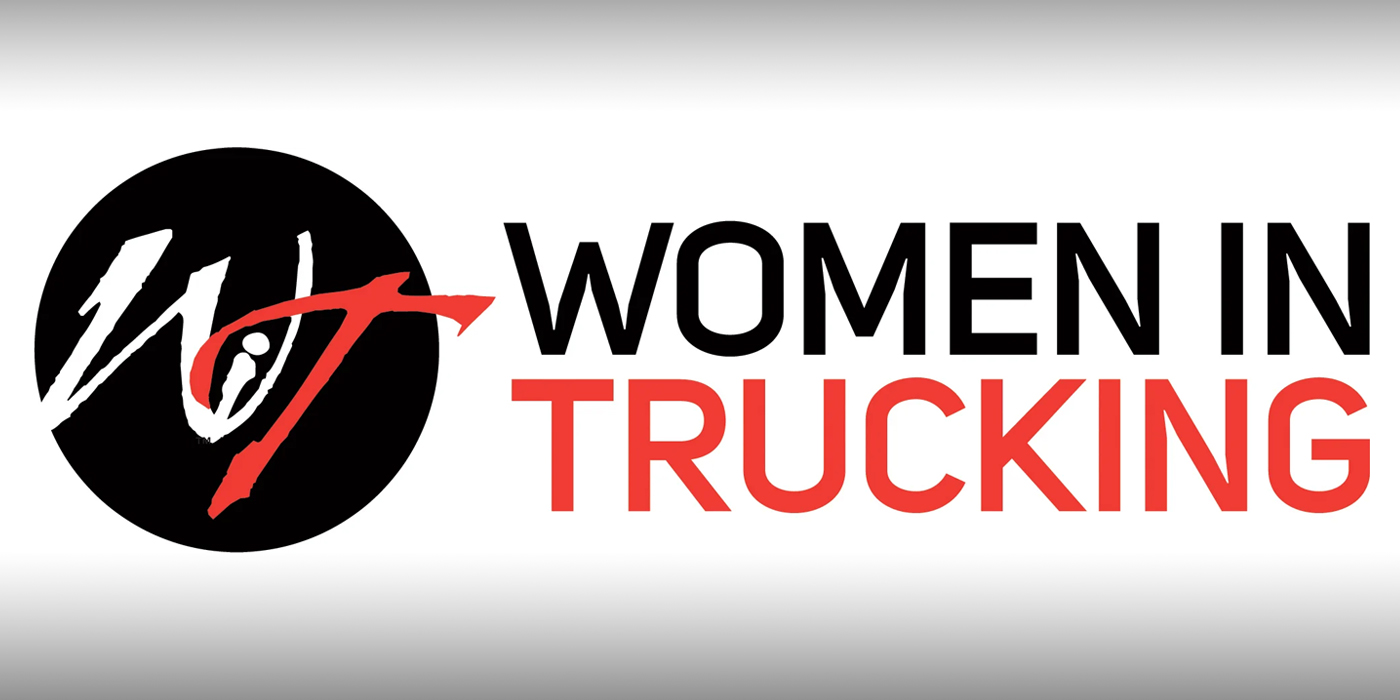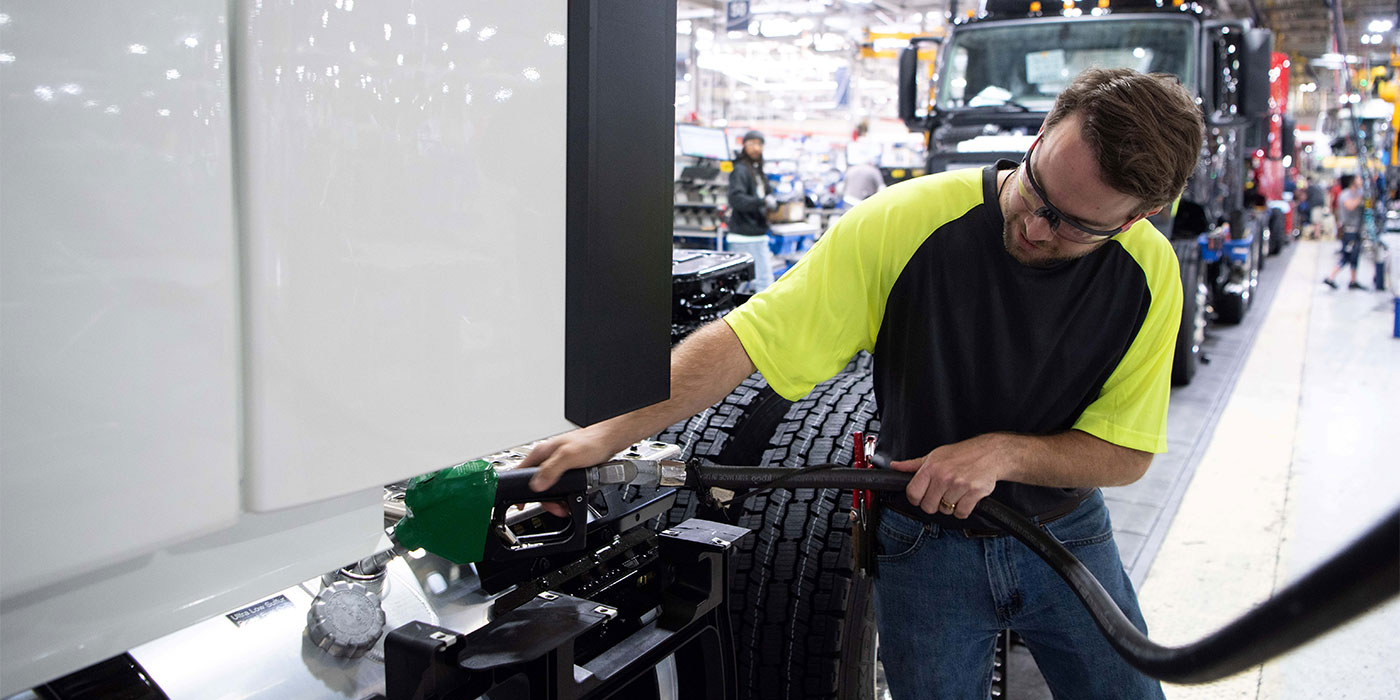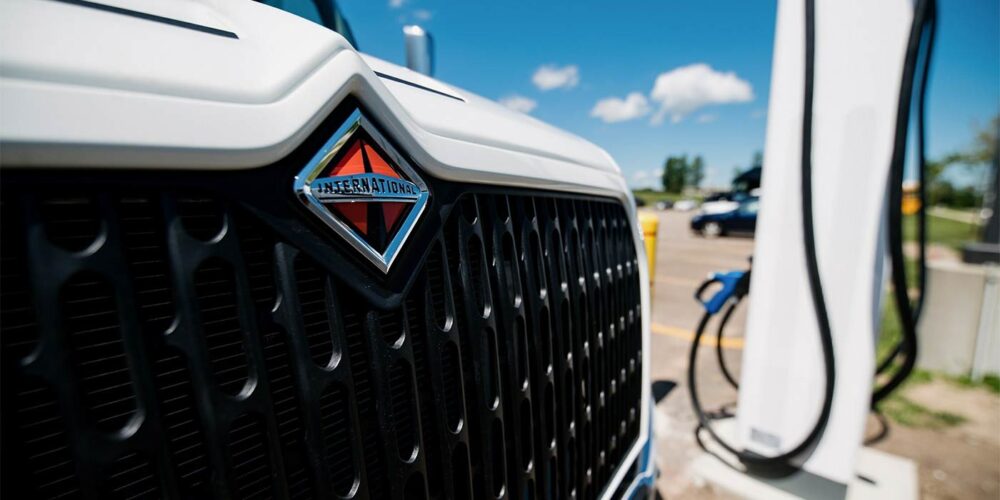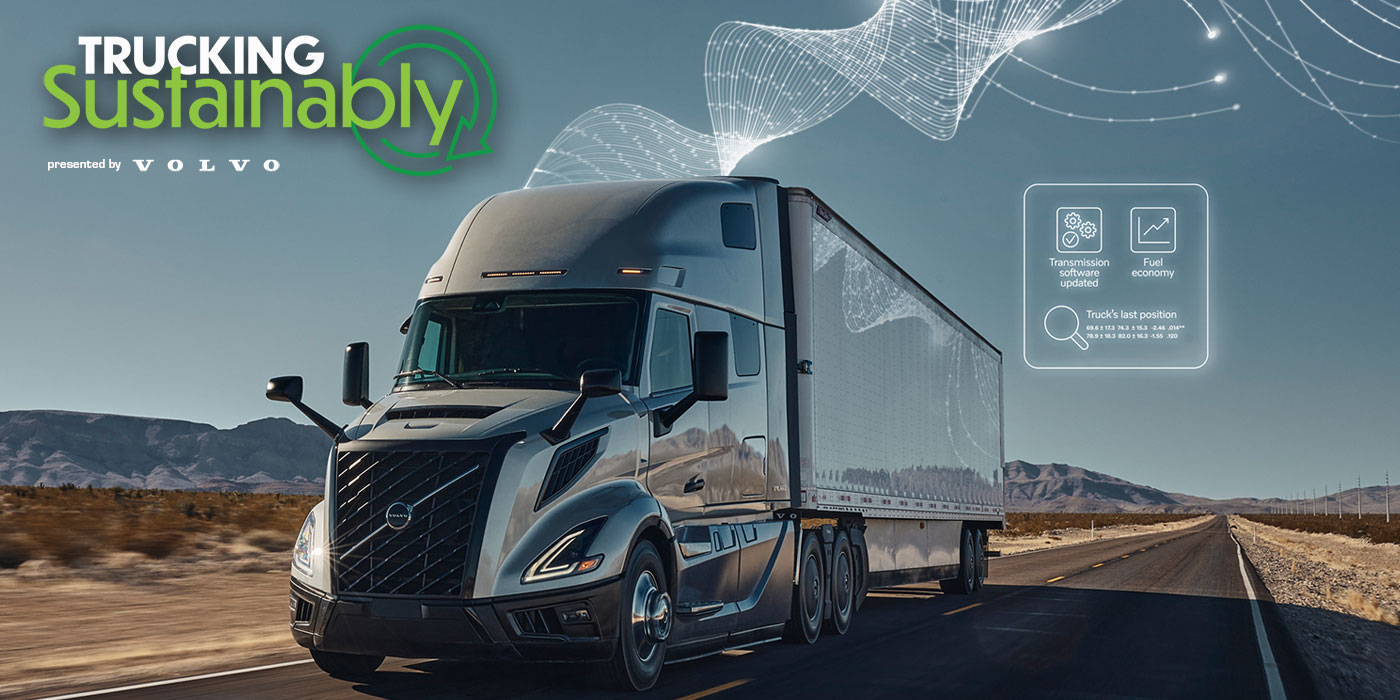Cargo theft is a major concern for fleets and incidences ramped up in 2020. To avoid stolen trucks or items, it’s important to look at the data, determine threat conditions and more. In this Q&A, Scott Cornell, transportation and lead crime and theft specialist at Travelers, walks through what his company does to identify signs of cargo theft and react.
Fleet Equipment (FE): What are the most common ways criminals are getting shipment info to know what trailers and loads to hit?
Scott Cornell: “When we talk about this type of thing, I like to take a step back and clarify what I consider are two types of cargo theft that are out there. The first one is straight theft, which is what everybody is most familiar with. It’s when they physically go out and steal the truckload or the tractor and the trailer … or they pilfer the load, meaning they opened the rear doors and [took] part of the load.
“The second is what we call strategic theft, which is when they use nefarious means to trick you into giving them the cargo. That can be identity theft, fictitious pick-ups [and] double brokering scams. We’re even seeing some cyber stuff related to that. Now if you go back to the base question of: Where are they getting that information? We know that a lot of it is just old-fashioned surveillance and information gathering, meaning they will sit surveillance outside of distribution centers, outside of warehouse areas, outside of industrial areas, and they will watch and see what’s moving where, who’s moving what, what is in these warehouses.”
FE: Are you seeing an uptick in cargo thefts? What indicators do you look at to determine the theft threat conditions?
Cornell: “We have a team of investigators here at Travelers dedicated to cargo theft investigations. We investigate cargo theft on behalf of our clients 24/7, 365. It’s a free service that we offer. With those investigators being active on a daily basis, we get a good feel for what is actually happening ground level; we can see firsthand and gather intel and get a good feel for the trend like what’s being targeted specifically, how it is being targeted and how they are stealing things, and then we couple that with industry data.
“It’s important to always note that most of the cargo theft data that’s out there in the industry is voluntarily reported. That’s where that ground-level experience mixes with the industry data. If numbers were voluntarily reported, you can get a little bit of inherent volatility in the numbers. If fewer people report theft, then if that drops off a little bit, it can look like cargo theft is going down. If more people report, it can look like cargo theft is going up. We have the unique ability to take the numbers, and if they go down [or up], we can say, ‘What do we feel on the ground level?’
“Keeping that in mind, I think CargoNet and some of the other companies out there that gather data do a great job of taking what is reported to them and developing some really good trends. What we look for in the data is the trends. What are the trends telling us?
“2020 was the first year in several years where the numbers went back up and it matched everything we knew that was going on. On the ground level, we saw tremendous increases in 2020. As an example, in 2019, they had 257 reported thefts for the second quarter. But in 2020 in the second quarter, they had 421 reported thefts. When we were in the second quarter of 2021, it went down to 304 reported thefts, but as you can see, it’s still higher than the 2019 numbers.”
FE: Where are there the most transportation company blind spots when it comes to cargo theft security?
Cornell: “Our investigation team will work with our clients almost on a consultant level to teach them how to not have the thefts in the first place. When we do that, we talk about a multi-layered approach that includes a good process and good procedures.”
FE: How does cargo theft impact a transportation operation? Clearly it’s a problem all the time, but are there any unique impacts in the current climate of tight supply chains and growing inflation? What are the insurance cost implications for the transportation company?
Cornell: “The most obvious is the fact that whatever [is in] the freight that is stolen is gone, so how do you make that up? I always say that it’s not only what’s gone, but when is it gone? If you’re talking around Christmas time and it’s a load of electronics, what kind of market space have you lost? Then there are commodities that are not easily replaced. For example, in 2015, 2016, one of the hottest topics going on was loads of nuts that were being stolen in California, and the frequency and the amount that they were being stolen was alarming. It’s not like a television that could be remanufactured.
“There’s that commodity impact, and when you get to the business level, there’s a reputation issue. There can be relationship-based issues: How is this going to affect the relationship with the trucking company to the broker that hired them? Or with the broker to the shipper that hired them to get the load moved for them? Is there going to be damage to that relationship? That’s something that could be part of that ripple effect.
“When you talk about the insurance side of it, we have a unique ability to partner with our clients, bring the resources that I referred to earlier on cargo theft response and [proactive consulting]. Our goal when we see our clients experience losses is to work with them and to risk-mitigate with them as best we can.”

